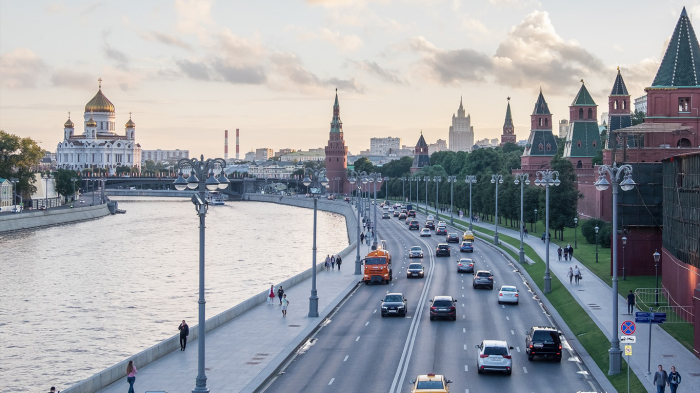Teaching English in Russia

Teaching English in Russia
Requirements
Bachelor’s Degree: Not required
Monthly Salary: Paid in rubles
Peak Hiring: All year round
Visa Information: Tourist and work visa
Housing: Not compensated
Airfare: Not reimbursed
Student Types: Business English and children
Given the complicated situation right now with Russia, Ukraine and the Ruble, we cannot recommend teaching in Russia.
Overview
Despite the frigid temperatures, Russia is gaining traction as a country for English teachers. But some of the biggest challenges of teaching English in Russia are the difficulty of the language, the changing politics, and its depressing winters.
Anyone school age or younger usually studied English. But they don’t know enough to get by. Adults want to learn too mainly for business. This is why there are tons of potential for English students in Russia.
You can earn anywhere from $800 to 1,500 USD per month teaching English in Russia. It’s not necessary to have a university degree for all teaching positions. Schools prefer teachers to have TEFL certification and it’s usually a requirement to get hired.
English Language Schools in Russia
St. Petersburg and Moscow have the highest demand for English teachers. Once you get out of the big cities, the level of English drops in the smaller cities and towns. The two main types of jobs are in language centers and private tutoring.
Everyone studies English in school for years, but may not have much actual communicative ability. So that’s where the extra classes at English language centers come in. Parents sign up their children to get ahead or improve their English language.
If you’re looking for good money, you can go through agencies and become a private tutor. These opportunities are more stressful because they expect the best level of service. Private tutoring is available for kids, teens, and adults.
Salary
The average salary is about 50,000-60,000 RUB ($1,000 to 1,200 USD) per month. Because the cost of living is so low, you make enough to pay the bills month-to-month. But it doesn’t give you much to get ahead.
If the teaching contract includes housing, you can bring in around 50,000 rubles per month. But if you’re renting your own place, you should request 80,000 rubles a month to compensate for the cost of renting.
Unless you find high-paying private tutoring opportunities, it’s not quite as lucrative as other countries in Asia or Europe. There’s a lot of good stuff happening in TEFL for Russia. But it won’t make you rich without finding the right teaching jobs.
| Monthly Salary | Total |
|---|---|
| US Dollars (USD) | Varying conversion rate |
| Russian Rubles (RUB) | 50,000 to 60,000 RUB |
Frequently Asked Questions
The average salary is about 60,000 RUB ($1,000 to 1,200 USD) per month.
No. You generally don’t need an undergraduate degree unless you work in a university or international school.
Knowing Russian will make things easier, but it won’t be significant for your teaching.
During the winter, the cold climate can take a toll on you if you haven’t experienced cold and snowy weather. People find learning the language and the political situation challenging.
It’s very easy to find English teaching jobs in large cities like Moscow and Saint Petersburg. It’s also one of the best TEFL countries for those who want to teach without a degree.



